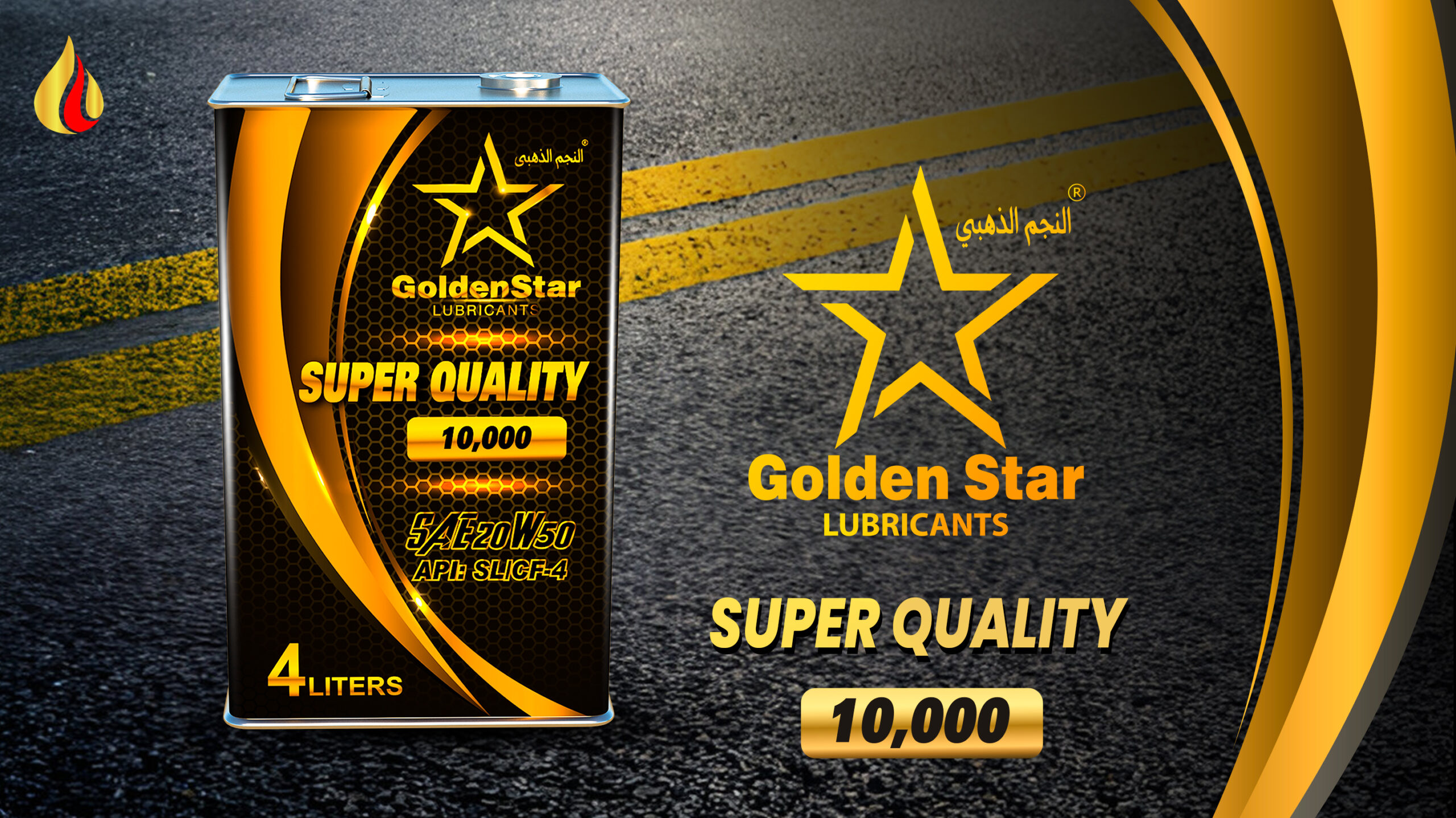
Trusted Lubricant Partner
Real Oil is a reliable name in the lubricant industry, offering premium-grade engine oils and industrial lubricants since 2010.

Wide Range of Products
We deal in all types of engine oils, gear oils, hydraulic oils, ATF and greases — including brake oil and transformer oil.

Bulk Supply & Distribution
We specialize in bulk distribution and wholesale supply, serving garages, workshops, and industrial clients across Bangladesh and beyond

Imported from Dubai, UAE
Our products are manufactured and quality-tested in Dubai, adhering to international standards for maximum engine performance and protection.
Real Oil Products
Our lubricants are crafted using premium raw materials and advanced formulations, ensuring top-tier performance across all categories.
Our Brands
We are Real Oil Lubricants Company L.L.C



Download our product catalogue, company profile, technical guide and other product related documents
Real Oil is a leading lubricant manufacturer and distributor, committed to providing high-quality lubricants that deliver superior performance and protection across a wide range of industries. With a strong focus on innovation and customer satisfaction, Real Oil offers tailored solutions for automotive, industrial, and marine applications. Trusted by businesses and consumers alike, our lubricants are designed to enhance efficiency, reduce wear, and ensure long-lasting protection, making Real Oil the preferred choice for customers around the globe.
Join Our Success Drive AS A Distributor

Success is built on partnerships
Being our distributor means you can benefit from a wide array of attractive offers, including our online and offline marketing support, knowledge transfer, promotional items, and attractive incentives. Be a representative of the UAEs leading lubricant and grease manufacturer.









